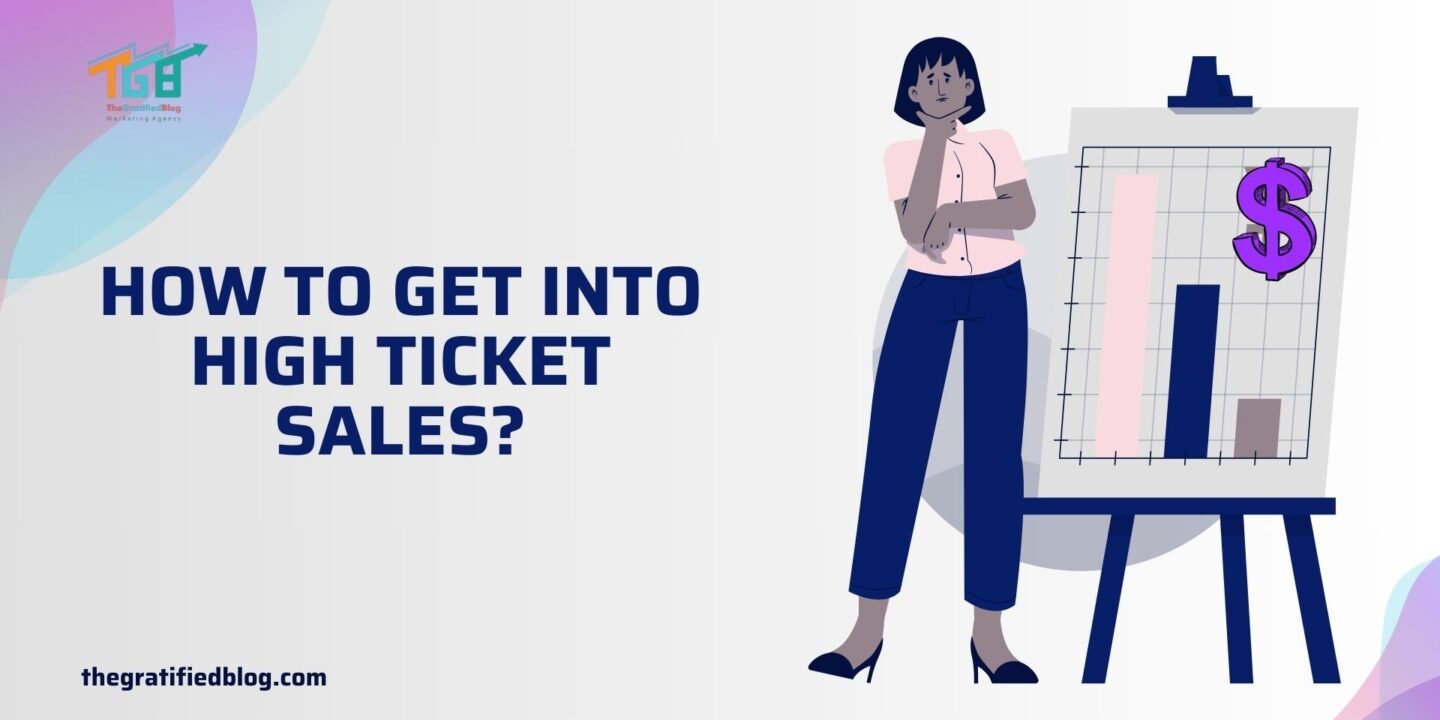
High ticket sales sound exciting, right? Selling products or services that cost thousands of dollars not only boosts your earnings but also gives you a sense of achievement. However, stepping into high ticket sales is not just about picking up the phone or sending emails. It is about understanding people, offering value, and building trust. If you are wondering how to get into high ticket sales, this guide will walk you through everything you need to know.
What Are High Ticket Sales?
Before jumping in, let us clarify what high ticket sales actually mean. High ticket sales involve selling premium products or services. These are items that come with a hefty price tag, often ranging from a few thousand dollars to six figures.
Examples include:
- Premium software solutions for businesses
- Exclusive memberships or courses
- High-end coaching programs
- Luxury cars
- Real estate
The key to succeeding in high ticket sales is not just selling something expensive; it is about offering unmatched value and ensuring the buyer feels it is worth every penny.
Importance of High Ticket Sales Businesses
Here is why high ticket sales are so important:
- Higher Profit Margins: Selling high-value products or services means you earn more from each sale, allowing your business to achieve higher revenue with fewer transactions.
- Improved Customer Relationships: High ticket sales often involve building deeper connections with customers, which can lead to long-term loyalty and repeat business.
- Perception of Quality: Offering high-ticket items elevates your brand image and positions your business as a premium provider in the market.
- Sustainability: Fewer sales with higher profit margins reduce the strain on resources, making your business operations more efficient.
- Room for Innovation: Higher earnings from high ticket sales give businesses the flexibility to invest in research, development, and improvements.
In short, high ticket sales are not just about making big money; they also set the foundation for long-term success and a strong brand presence.
How To Get Into High Ticket Sales: Step-By-Step
Getting into high ticket sales requires careful planning, right preparation, and a lot of persistence. Here’s a simple step-by-step guide to help you get started:
Step 1: Build Confidence in Yourself and the Product
Confidence is everything in sales. If you are unsure about the value of what you are selling, your customers will sense it immediately. Start by:
- Knowing the product inside out: Understand all features, benefits, and how it solves problems for the buyer.
- Believing in the product: If you would not buy it yourself, why would anyone else?
- Practicing your pitch: Speak about the product in a way that feels natural and confident.
When you genuinely believe in what you are selling, it becomes easier to convince others to trust you.
Step 2: Understand Your Audience
High ticket sales are all about understanding your customers needs and desires. Research is your best friend here.
Ask yourself:
- Who is the ideal customer for this product?
- What problems are they facing?
- How does this product solve those problems?
- What motivates them to buy?
Once you have these answers, you can tailor your approach to meet their expectations. High ticket buyers are not just looking for a product; they want a solution that makes their life better or easier.
Step 3: Master the Art of Building Relationships
In high ticket sales, relationships are more important than quick wins. People are spending a significant amount of money, and they need to trust you before making the purchase.
Here is how you can build stronger connections:
- Listen more than you speak: Let them share their concerns and goals.
- Show genuine interest: Do not treat them like just another customer.
- Follow up consistently: Stay in touch, even if they do not buy immediately.
Building relationships takes time, but it creates long-term loyalty and trust.
Step 4: Develop Strong Communication Skills
Communication is the backbone of sales. Whether you are speaking in person, over the phone, or through email, your message needs to be clear and persuasive.
Here are some tips:
- Use simple language; avoid overloading them with technical terms.
- Be direct but polite.
- Focus on the benefits rather than just the features of the product.
- Ask open-ended questions to understand their needs better.
- Address objections calmly and confidently.
Good communication is not just about talking; it is also about making the buyer feel heard.
Step 5: Learn How to Handle Objections
High ticket buyers will have questions and concerns. Some might hesitate because of the price, while others may want to compare options. Handling objections well is crucial to closing deals.
Here is a simple approach:
- Stay calm: Do not take objections personally.
- Understand their concerns: Ask questions to get to the root of the hesitation.
- Provide reassurance: Share examples of how others have benefited from the product.
- Highlight value: Focus on the long-term benefits rather than the upfront cost.
Objections are not always a bad thing. They show that the buyer is seriously considering the purchase.
Step 6: Create a Personalized Sales Experience
Every high ticket buyer is unique, and a one-size-fits-all approach rarely works. Personalization makes a big difference.
Here is what you can do:
- Tailor your pitch based on their specific needs and goals.
- Share case studies or testimonials that align with their industry or situation.
- Offer a customized solution or package if possible.
When buyers feel like the product was designed just for them, they are more likely to say yes.
Step 7: Focus on Value, Not Price
The price tag on high ticket items can scare people away if you focus on it too much. Instead, shift the conversation to the value they are getting.
For example:
- How will this product improve their business or personal life?
- What unique benefits does it offer that cheaper alternatives do not?
- Why is it worth the investment?
When buyers see the value, the price becomes less of a concern.
Step 8: Leverage Social Proof
Social proof is a powerful tool in high ticket sales. Testimonials, success stories, and case studies show buyers that others have benefited from your product.
Use these examples:
- Share client success stories in your pitch.
- Include video testimonials if possible.
- Highlight measurable results, like revenue growth or time saved.
Seeing others succeed makes buyers more confident in their decision.
Step 9: Invest in Yourself
High ticket sales require continuous learning and improvement. The more skilled you are, the easier it will be to close deals.
Here is how you can grow:
- Take courses on sales techniques and strategies.
- Read books about high ticket sales and negotiation.
- Learn from experienced mentors in the field.
- Practice regularly to refine your skills.
Investing in yourself is the best way to become a high-performing salesperson.
Step 10: Be Patient and Persistent
High ticket sales take time. Do not expect to close deals overnight. Building trust and convincing someone to make a significant investment requires effort and persistence.
Tips to stay consistent:
- Do not give up after a single rejection.
- Stay in touch with potential buyers through emails or calls.
- Keep refining your approach based on what works and what does not.
Patience and persistence will eventually pay off, leading to more closed deals and bigger commissions.
What Are The Best Marketing Techniques For High-Ticket Sales?
Effective marketing is the backbone of high ticket sales. To reach the right audience and convert them into buyers, you need tailored strategies that emphasize value and trust. Here are some proven marketing techniques for high ticket sales:
- Targeted Advertising: Use platforms like LinkedIn, Facebook, or Google Ads to reach your ideal audience. Focus on demographics, interests, and behaviors that align with high ticket buyers.
- Content Marketing: Create detailed blog posts, videos, or case studies that showcase the value and benefits of your product. Highlight real-world examples of how it solves problems.
- Webinars and Workshops: Host live sessions to demonstrate your product or service. These allow potential buyers to ask questions and see the value firsthand.
- Referral Programs: Leverage satisfied customers to bring in new leads. High ticket buyers often trust recommendations from their peers.
- Email Campaigns: Craft personalized email sequences to nurture leads. Provide valuable insights, answer questions, and build trust over time.
- Social Proof: Share testimonials, reviews, and case studies on your website and social media. Highlighting customer success stories builds confidence in your product.
- Exclusive Offers: Create a sense of urgency by offering limited-time deals or bonuses for early buyers. Ensure the offer aligns with the premium nature of your product.
Marketing for high ticket sales is not about mass appeal. It is about connecting with the right people, showcasing value, and building relationships that lead to confident buying decisions.
How Can Technology Be Leveraged In High Ticket Sales?
Technology can be a game-changer when it comes to high ticket sales. By using the right tools and platforms, you can streamline your process, connect with leads more effectively, and close deals faster. Here are some ways to leverage technology in high ticket sales:
- Customer Relationship Management (CRM) Software: Tools like HubSpot, Salesforce, or Zoho help you track leads, manage follow-ups, and organize customer data. A good CRM ensures no lead slips through the cracks.
- Video Conferencing: Platforms like Zoom or Microsoft Teams enable face-to-face interactions with clients, even if they are miles away. This builds trust and creates a more personal connection.
- Email Automation: Email marketing tools like Mailchimp or ActiveCampaign let you send personalized emails to nurture leads over time, keeping them engaged without manual effort.
- Analytics Tools: Use analytics platforms like Google Analytics or Hotjar to track user behavior on your website. Understanding what catches their attention can help you fine-tune your sales strategy.
- Scheduling Tools: Simplify booking meetings with tools like Calendly. These eliminate back-and-forth emails and make it easy for clients to connect with you.
- Live Chat and Chatbots: Add live chat features to your website for real-time communication. Chatbots can handle basic queries, saving you time for more complex conversations.
- Social Media Tools: Use platforms like LinkedIn Sales Navigator to identify and reach high ticket prospects directly. You can also use scheduling tools like Buffer or Hootsuite to maintain an active online presence.
- Proposal Software: Tools like PandaDoc or Proposify help you create professional, customized proposals for potential clients. They streamline the process and leave a lasting impression.
By embracing technology, you can work smarter, not harder, and ensure your sales process is efficient, modern, and appealing to high ticket buyers.
How To Measure Success In High Ticket Sales?
Tracking your progress in high ticket sales is essential to understand what works and what needs improvement. Here are key ways to measure your success:
- Conversion Rate: Track how many leads turn into paying customers. A high conversion rate indicates that your approach is resonating with your audience.
- Average Deal Size: Calculate the average value of each sale. Monitoring this helps ensure you are closing sales that meet your revenue goals.
- Sales Cycle Length: Measure how long it takes to close a deal. Shorter sales cycles mean you are efficiently addressing customer needs and moving them through the decision-making process.
- Customer Retention: Check how many high ticket buyers return for repeat purchases or upgrades. Loyal customers are a sign of long-term success.
- Customer Satisfaction: Use surveys or feedback forms to gauge how satisfied your customers are. Positive feedback often leads to referrals and more sales.
- Revenue Growth: Monitor how much revenue you are generating from high ticket sales over time. Consistent growth signals that your strategies are effective.
- Lead Quality: Assess whether your marketing efforts are bringing in the right audience. High-quality leads are more likely to convert into high ticket buyers.
Regularly reviewing these metrics allows you to refine your strategy, focus on areas that need improvement, and celebrate your wins along the way. Measuring success keeps you on track to achieve your sales goals.
What Are The Common Mistakes To Avoid In High Ticket Sales?
When stepping into high ticket sales, avoiding common pitfalls can make a big difference in your success. Here are some mistakes to watch out for:
- Focusing Only on Price: High ticket sales are not just about the cost. If you emphasize price too much, buyers may lose sight of the value your product offers. Focus on solving their problems instead.
- Skipping Research: Not understanding your audience is a recipe for failure. Without knowing their needs, challenges, and preferences, your pitch will likely miss the mark.
- Overloading with Information: Bombarding potential buyers with too many details can overwhelm them. Keep your pitch concise and focus on the most relevant points.
- Not Following Up: Many sales are lost due to poor follow-up. High ticket buyers need time to decide, so staying in touch and addressing their concerns is crucial.
- Ignoring Objections: Brushing off a buyer’s concerns without addressing them can create distrust. Listen carefully, empathize, and provide clear answers.
- Lack of Personalization: Using a one-size-fits-all approach does not work in high ticket sales. Tailor your messaging to suit each buyer’s specific needs and goals.
- Underestimating the Power of Trust: High ticket sales are built on relationships. If buyers sense any dishonesty or lack of authenticity, they will walk away.
Avoiding these mistakes will not only improve your sales process but also make your interactions with buyers smoother and more successful.
Frequently Asked Questions
Q1. How to get into high ticket sales?
Ans. Start by mastering sales fundamentals, understanding your target audience, and choosing a high-value product or service. Build confidence, learn to handle objections, and focus on creating value and building trust with buyers.
Q2. How much can you make on high ticket sales?
Ans. Earnings depend on the commission structure and the value of what you sell. High ticket salespeople often earn commissions ranging from $1,000 to $10,000 per sale or more, depending on the industry.
Q3. What is considered high ticket sales?
Ans. High ticket sales involve selling premium products or services priced at thousands of dollars or more. Examples include luxury goods, real estate, high-end coaching programs, enterprise software, or exclusive memberships.
Q4. How do you master high ticket sales?
Ans. Master high ticket sales by continuously improving your skills, understanding your audience, and focusing on building trust. Practice handling objections, tailor your pitch, and always highlight the value your product provides.
Q5. Is it hard to be a high ticket closer?
Ans. High ticket closing can be challenging due to the need for trust-building, advanced negotiation skills, and handling objections. However, with persistence, training, and experience, it becomes easier to close deals.
Q6. What is an example of a high ticket offer?
Ans. A high ticket offer could be a $5,000 online business coaching program, a $10,000 enterprise software subscription, or a $20,000 luxury vacation package. These offers provide significant value to justify their cost.
Q7. What is low ticket sales?
Ans. Low ticket sales refer to selling products or services priced at a lower range, typically under $100. These items often appeal to a wider audience due to their affordability and involve shorter decision-making processes. Examples include e-books, online courses, or everyday retail items. Businesses often use low ticket sales to attract customers and build trust.
Q8. How to become a high ticket affiliate marketer?
Ans. To excel in high ticket affiliate marketing, choose high-value affiliate programs that offer substantial commissions. Build a niche audience and focus on creating content that highlights the benefits of the product. Use strategies like email marketing, webinars, and SEO to drive targeted traffic to your affiliate links.
Wrapping Up
Getting into high ticket sales is not about luck; it is about skill, strategy, and effort. By understanding your audience, building trust, and focusing on value, you can create a sales process that feels natural and authentic.
Take small steps, learn from your experiences, and keep improving. High ticket sales may feel challenging at first, but with the right mindset and approach, you can master it and open doors to incredible opportunities.
Ready to dive into high ticket sales? Start today and see where it takes you!


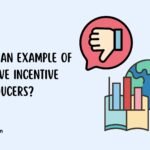

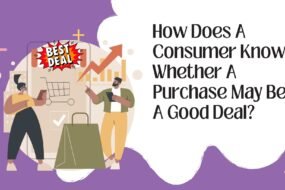
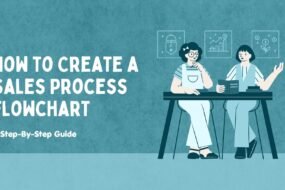
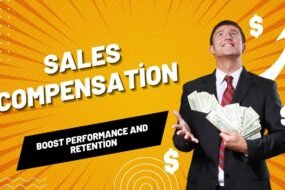
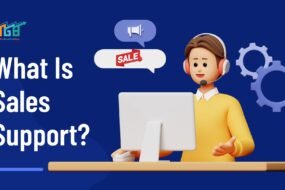
No Comments